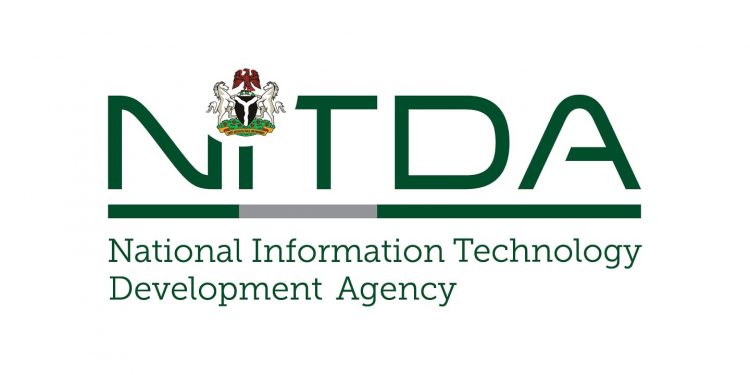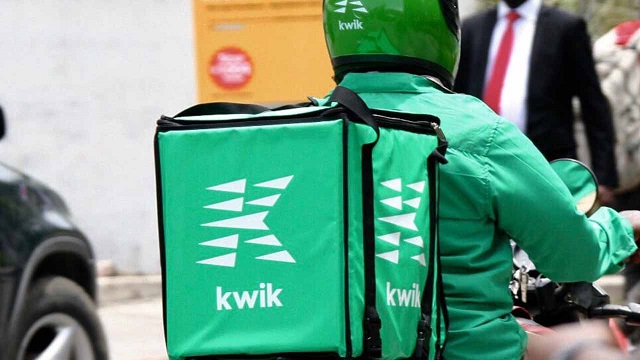If you’re a business owner running a WordPress website in Nigeria, it’s time to act fast. The National Information Technology Development Agency (NITDA) has issued a serious security alert about a vulnerability affecting over 5 million websites globally. The culprit? The widely-used LiteSpeed Cache plugin.
What You Need to Know:
The issue, identified as CVE-2024-28000, lies within the LiteSpeed Cache plugin’s “role simulation” feature, which hackers can exploit to gain full administrative control of your site without needing a password. Once inside, they can:
– Install malicious plugins.
– Steal sensitive data.
– Redirect visitors to malicious websites.
Why This is Critical:
This vulnerability is particularly dangerous because it’s easy to exploit. Hackers can use brute force or exposed debug logs to gain admin rights, leaving your website and its visitors at significant risk.
If your site falls victim to this attack, you could face:
1. Data Theft: Loss of customer information and business data.
2. Website Defacement: Your site may be altered or used for malicious activities.
3. Malicious Redirects: Visitors could be sent to harmful websites.
4. Reputation Damage: Once hacked, your business credibility can take a hit, resulting in financial and trust losses.
5. Compliance Issues: Failure to patch your website could breach data protection laws.
NITDA’s Recommendations:
To protect your site and your business from this vulnerability, NITDA advises immediate action:
1. Update the LiteSpeed Cache plugin to the latest version (6.4.1) via your WordPress dashboard.
2. Turn off debugging on live sites to avoid exposing sensitive information.
3. Regularly check your plugin settings to ensure there are no lurking security risks.
Implications for Nigerian Business Owners:
This security flaw highlights critical issues for businesses that rely on WordPress:
– Data Breach: Sensitive customer data could be exposed, potentially leading to regulatory penalties and loss of customer trust.
– Reputation Damage: A hacked site, especially one that redirects visitors to harmful content, can severely damage your business’s reputation.
– Financial Loss: If data is stolen or malicious actions affect your site, you could face financial losses.
– Compliance: In Nigeria, failure to secure customer data could result in violations of **data protection regulations** like the Nigeria Data Protection Regulation (NDPR).
Best Practices for Protecting Your Website:
– Use strong passwords and enable two-factor authentication (2FA) for all site administrators.
– Install a Web Application Firewall (WAF) to block potential attacks.
– Stay informed on security advisories and alerts relevant to your website and its plugins.
By taking these critical steps, you can secure your website from potential hackers, protect your business’s data, and maintain trust with your customers.
Stay Safe and Keep Your WordPress Site Updated!










